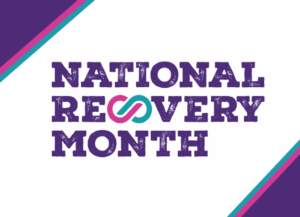As artificial intelligence (AI) continues to reshape healthcare and mental health services, digital peer support is rapidly evolving to meet the needs of increasingly connected and diverse populations. This seminar explores the intersection of peer support and AI technologies, examining how digital platforms, chatbots, and machine learning tools are augmenting—rather than replacing—the human connection at the core of peer support. Participants will gain insights into the potential of AI to enhance accessibility, personalization, and scalability of peer-led interventions, while also addressing critical ethical, safety, and training considerations. Through case studies, emerging research, and interactive discussion, this session will equip professionals with the knowledge and strategies needed to navigate and lead in this transformative space.
Learning Objectives:
- By the end of this seminar, participants will be able to:
- Define digital peer support and describe how it differs from traditional peer support models in terms of delivery and scope.
- Identify current and emerging AI technologies being integrated into digital peer support platforms and interventions.
- Analyze ethical and safety concerns related to the use of AI in peer support, including privacy, bias, autonomy, and the risk of over-reliance on automated systems.
- Evaluate the benefits and limitations of AI-enhanced peer support in various populations, including underserved and rural communities.
- Apply best practices for integrating digital tools into peer support programs, including considerations for training, supervision, and maintaining human connection.



